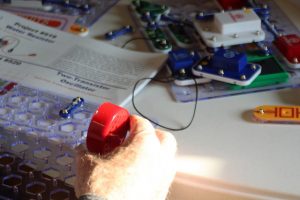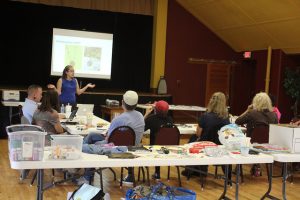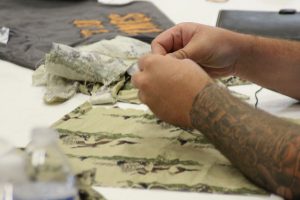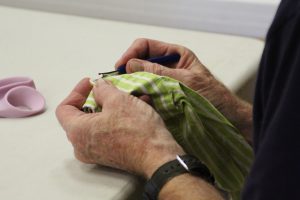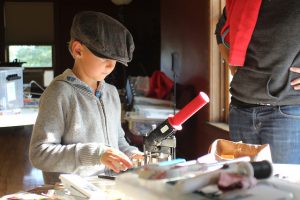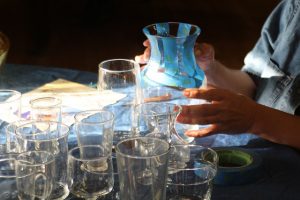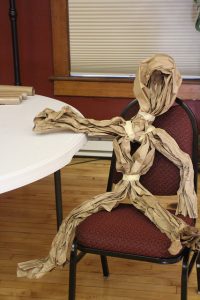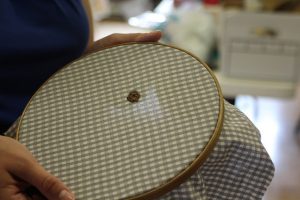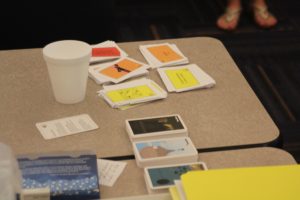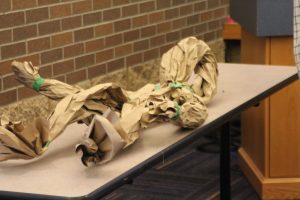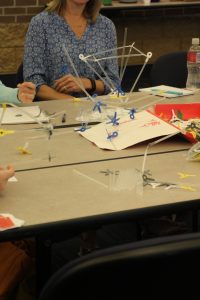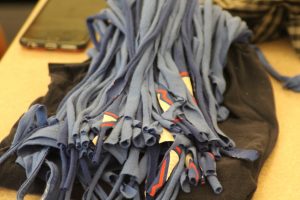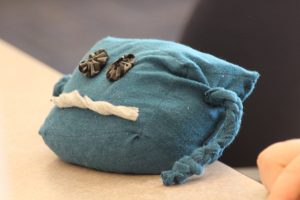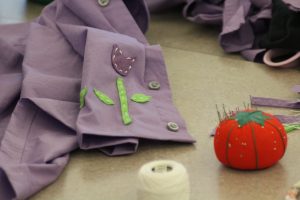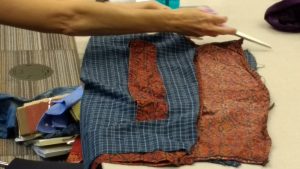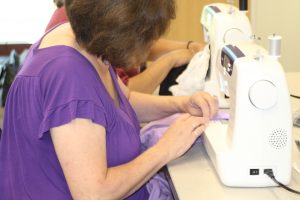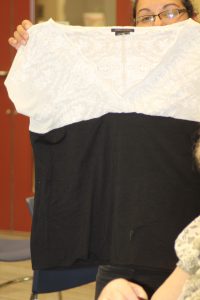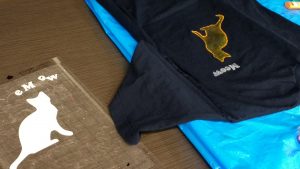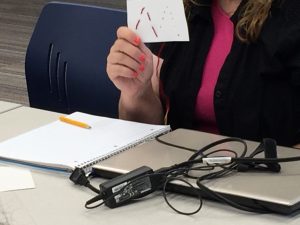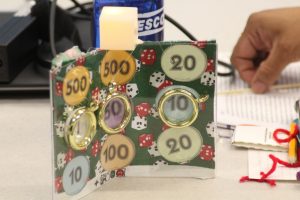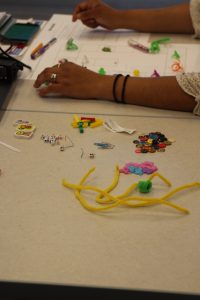I always feel a distant sort of sadness when I see Buzzfeed style list posts about the dozen most beautiful libraries, or other such lists because they reinforce the idea that books and buildings are what make up a library. It’s completely true that a physical space and a collection are necessary for a library to exist, but the context (community, history, overall setting) and the people (librarians, community organizations, patrons) make up much more of the library-as-imagined.
With all that said here’s a list of seven lessons (to represent the seven different places our team went this summer) I learned from traveling all over Michigan, focusing on the context and the people:
- There are smart, very active librarians all over Michigan who are deeply in touch with their community. They are running programs and regularly adjusting for needs that come up within their communities.
- Librarians are interested in reaching out to the people in their community who aren’t there. They are reaching out and doing the work to identify the people who aren’t coming through the doors.
- Librarians love to tell stories — about their impact, their patrons, successful programs they’ve run. Our workshops were heavily seasoned with these stories, and of course we repeatedly shared the ones we heard!
- Community members can be spark plugs for change, and librarians can identify these people. The community members we met through our workshops were dedicated to improving their communities and many of them have the time and commitment to make change happen.
- The Maker Movement is defined by the people who are doing the moving. In the rural setting, we’ve seen the physicality and creativity shine through over technology much of the time. Librarians learn from teachers and are able to implement learning activities that teachers don’t always have time for.
- People of all ages hunger for programs emphasizing making, creativity, and agency. While following a set of instructions can be great, injecting the stale directions with a bit of individual flair, or better yet, having a challenge that can be solved in a multitude of ways can be extremely empowering for people of all ages.
- Librarians in conjunction with communities can solve many problems, including small scale economic development. There’s much more thinking to be done on this topic, but we think that libraries in rural settings can be agents of change for younger entrepreneurs to take their first steps. By combining the impact of fellow entrepreneurs, Kristin likes to say that they can be “amplifying” forces.
That’s all from me on the topic of the summer. Thanks to everyone for their hard work this summer! It couldn’t have happened without all of you! Stay tuned for more events this fall, including time at local Ann Arbor schools!
